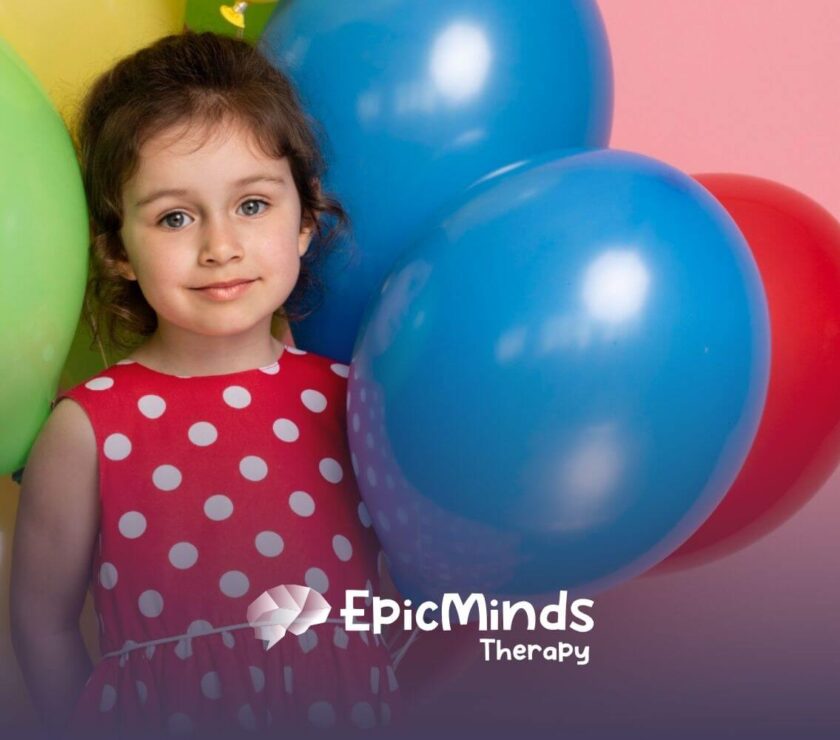ABA therapy (Applied Behavior Analysis) is one of the most common and evidence-based approaches for children with autism. But it’s not the only option out there — and it’s okay for parents to explore different types of support.
Every child is unique, and what works beautifully for one may not be the perfect fit for another. If you’ve ever wondered, “What can I do instead of ABA?” — here are some other helpful therapies and programs that can complement or, in some cases, serve as alternatives.
1. Speech Therapy
Many children with autism benefit from working with a speech-language pathologist. Speech therapy focuses on communication — not just words, but also gestures, tone, and social interaction.
It can help with:
- Expressing needs and feelings
- Understanding language
- Building confidence in communication
2. Occupational Therapy (OT)
Occupational therapy helps children develop everyday life skills, from brushing teeth to writing, dressing, or using utensils. It also supports sensory integration — helping kids manage sensitivities to sound, touch, or movement.
OT is especially effective when combined with ABA or other developmental approaches.
3. Play Therapy
Play therapy uses structured play sessions to help children express themselves, process emotions, and build social connections. It’s often less formal and can feel more natural for young children who learn best through play.
4. Developmental and Relationship-Based Therapies
Approaches like DIR/Floortime or Relationship Development Intervention (RDI) focus on emotional connection and shared experiences between a child and caregiver. These therapies emphasize social growth, communication, and emotional understanding rather than behavior correction.
5. Social Skills Groups
Group-based programs allow children to practice conversation, sharing, and emotional expression in a supportive, guided setting. It helps bridge the gap between therapy and real-world social situations.
6. Parent Training and Family Coaching
Sometimes, the best therapy starts at home. Parent-led autism programs teach families how to encourage positive behaviors, reduce frustration, and strengthen connection through everyday routines.
Finding the Right Fit
It’s completely normal to want to explore your options. What matters most is finding a therapy that supports your child’s goals, learning style, and comfort level. Some families even combine therapies for a more holistic approach — for example, pairing ABA with speech or occupational therapy.
If you live in North Carolina and are seeking professional guidance, Epic Minds Therapy offers a supportive team that specializes in helping children grow through personalized care. Our programs include:
- In-home ABA therapy — focused on skill-building and daily life independence.
- School-based ABA — helping children succeed in structured classroom settings.
Epic Minds Therapy serves families across North Carolina, providing compassionate support tailored to each child’s needs.
Ready to explore autism therapy options that fit your child best? Contact Epic Minds Therapy to learn more today.
FAQs
Is ABA the only therapy for autism?
No. While ABA is widely recommended, there are many options like speech therapy, occupational therapy, and developmental play-based programs.
Can I combine ABA with other therapies?
Absolutely. Many families use ABA alongside speech or OT to support overall growth.
How do I know which therapy is right for my child?
Start with a professional assessment. A therapist can help create a personalized plan that matches your child’s strengths and goals.
Sources:
- https://my.clevelandclinic.org/health/treatments/occupational-therapy
- https://www.cdc.gov/autism/treatment/index.html
- https://my.clevelandclinic.org/health/articles/autism-therapies
- https://www.nichd.nih.gov/health/topics/autism/conditioninfo/treatments
- https://www.mayoclinic.org/diseases-conditions/autism-spectrum-disorder/diagnosis-treatment/drc-20352934




